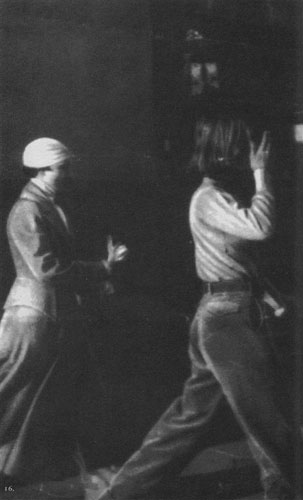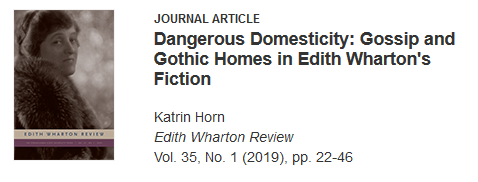Bit of news: I’ve recently been invited to join the always great LadyFiction-Podcast to talk with Dr. Stefanie Schäfer about (transatlantic) gossip in periodicals (e.g. the writing of Anne Hampton Brewster, from whose “American Artists in Rome” my opening quote is taken) – of course, Charlotte Cushman also made an appearance!
In this special Women’s History Month episode, Stefanie Schäfer discusses gossip with American Studies scholar Katrin Horn, head of the research project www.archivalgossip.com. Following the trajectories of American artists in Rome, and specifically the making of actress Charlotte Cushman’s celebrity persona, they read the functions of gossip in 19th-century US magazines between the intimate and the political, between escapism and nation building, and they also ponder the question of how gossip became gendered.
Session summary by Trans-Atlanticist
You can listen or download here!




